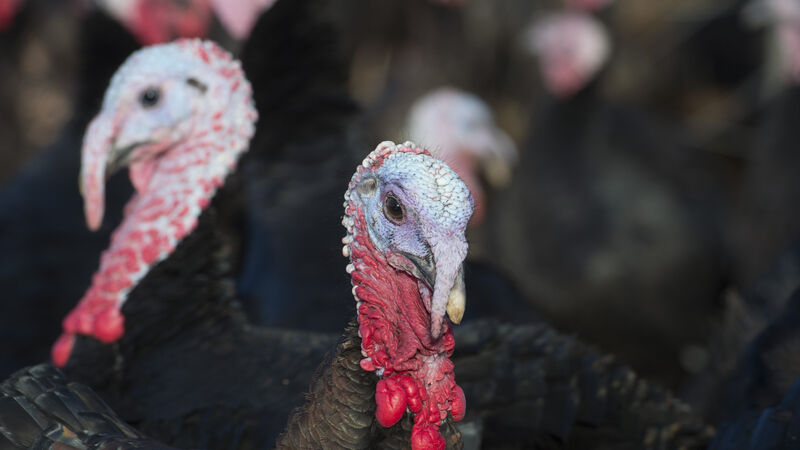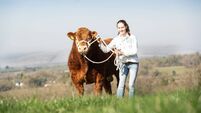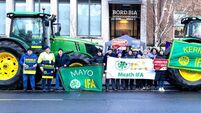Restriction zones remain amid bird flu cases

Earlier this month, all farmers were ordered to house poultry due to the risk of bird flu. The Department of Agriculture has said that poultry flock owners should remain vigilant for any signs of disease. Picture: Dan Linehan













